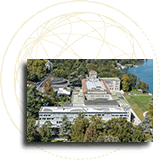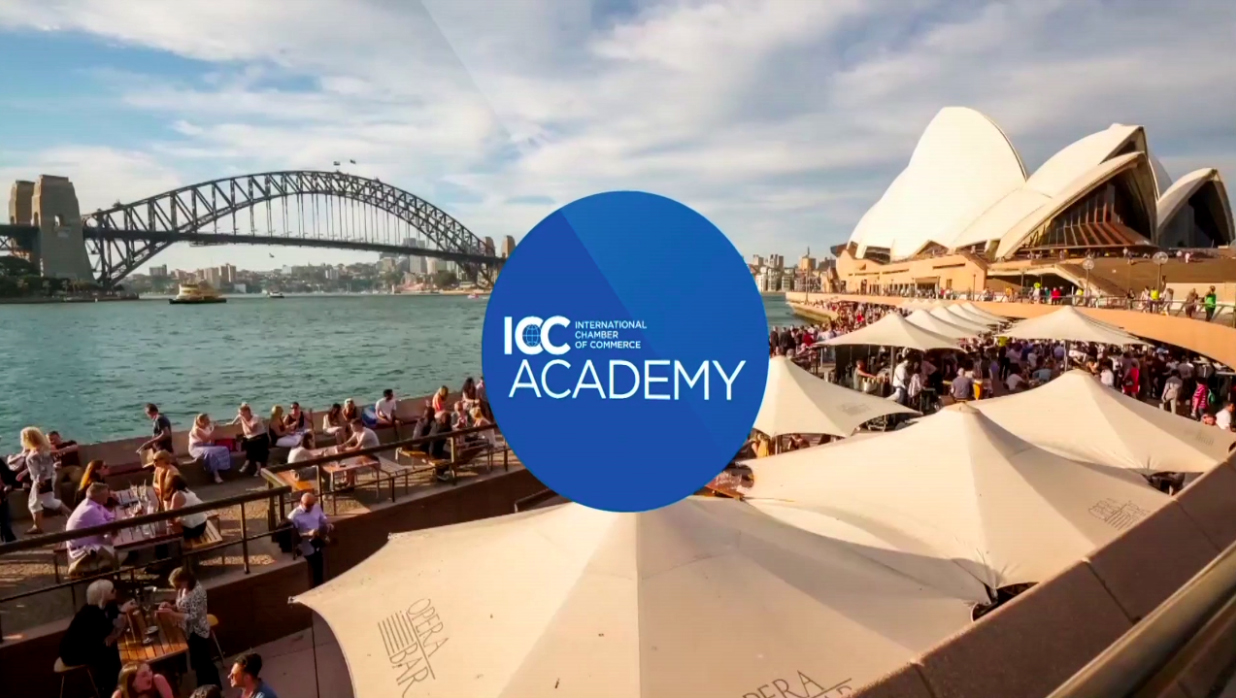TRADE FINANCE: SEMINAR — 26-27 MARCH 2015
Seminar on the challenges of accessing trade finance at affordable cost: review of remaining gaps and constraints
On 11 November 2014, WTO members (the Working Group on Trade, Debt and Finance) asked the WTO, including its Director-General, to continue its diagnosis, advisory and advocacy role on the availability of trade finance in developing countries in partnerships with the International Monetary Fund, the World Bank and multilateral development banks. Since the 2008-09 global financial crisis, the situation of poor countries regarding access to trade finance may not have improved as a result of the re/down-sizing of global bank networks.
A WTO Secretariat note requested by members (WT/WGTDF/W/74 and Rev1) shows the disconnect between the fact that global banks have been cutting down on finance for trade in the poorest countries while at the same time some of these countries receive very high demand for tradable products (commodities and new production such as garments). Trade finance has become the first or second largest impediment for the development of trade in promising areas such as Africa and developing Asia. The note shows that rejection rates for trade financing requests in developing countries account for up to half of the market. Members supported the WTO's advisory and advocacy role, including that of the Director-General, with a view to support the availability of trade finance in developing countries, in particular in:
(1) working with regional development banks to strengthen the network of trade finance facilitation facilities allowing small and medium-sized enterprises in poor countries to access finance at affordable conditions
(2) continuing to discuss with the Basel Committee on Banking Supervision on avoiding the unintended consequences on trade of the re-regulation of the financial sector, although several positive steps have already been adopted pursuant to this dialogue
(3) continuing to inform WTO members on persistent financing gaps but also on initiatives and synergies developed in some areas to reduce it.
In this respect, members asked to address these issues in a Working Group on Trade, Debt and Finance Seminar on 26 and 27 March, with the following programme:
Programme
March 26, 2015 (afternoon) — Room W
|
|||
| 15h00-15h10 | OPENING REMARKS by ROBERTO AZEVÊDO, Director-General of the WTO
|
||
| 15h10-16h40 | SESSION 1: CONSTRAINTS FACED IN ACCESSING TRADE FINANCE INTERNATIONALLY This session is designed to highlight the constraints faced by traders in accessing trade finance locally or internationally (lack of integration of the local financial system into international capital markets, local capacity constraints), mainly from a country's or regional perspective. Moderator: H.E. Xavier Carim, Ambassador of South-Africa to the WTO — Mr. Hüsnü Dilemre, Deputy Under-Secretary, Ministry of Economy, Turkey — Ms. M. Phetla-Lekhethe, Deputy Director General, National Treasury, Republic of South-Africa — Mr. Hope Yongo, Adviser to the President, NEXIM Bank — Mr. Ousman Gajigo, Principal Economist, Research, African Development Bank Discussion from the floor
|
||
|
|||
| 16h40-18h00 | SESSION 2: DIALOGUE BETWEEN MAIN STAKEHOLDERS This session would open a dialogue between industry representatives subjected to structural changes, regulators highlighting the requirements of prudential supervision and import and export interests as users of international trade finance, in particular operating in developing countries. Moderator: H.E. Bertrand de Crombrugghe, Ambassador of Belgium to the UN and WTO Speakers: — Mr. Lixin Guo, Head of Guarantees and Forfeiting, Bank of China — Mr. Jean-François Lambert, Head of Structured and Commodity Trade Finance, HSBC — Mr. Vinod Madhavan Head, Transactional Products & Services, Standard Bank — Mr. Karl Cordewener, Deputy SG, Basel Committee on Banking Supervision Discussion from the floor
|
||
| 18h00 | RECEPTION hosted by H.E. Bertrand de Crombrugghe, Ambassador of Belgium to the United Nations and the WTO, in the Atrium of the WTO Headquarters | ||
March 27, 2015 (morning)— Room W
|
||||
| 10h00-11h30 | SESSION 3: HOW ARE MULTILATERAL INSTITUTIONS HELPING? This session will discuss the efforts by multilateral institutions to fill some of the gap in trade finance in areas in which local financial institutions face difficulties to support trade. Moderator: Marc Auboin, ERSD, WTO Secretariat Speakers: — Mr Rudolf Putz, Head, Trade Finance Program, EBRD — Mr. Steve Beck, Head, Trade Finance Program, Asian Development Bank — Mr. Nassar Al Thekair, Assistant General Manager, Corporate and Structured Finance IFTC, Islamic Development Bank — Mr Stevenson IFC, Senior Manager, Trade Finance Programs World Bank Group
Discussion from the floor
|
|||
| 11h30-13h00 | SESSION 4: THE ROAD AHEAD — WHAT SHOULD BE DONE TO IMPROVE THE CAPACITY OF DEVELOPING COUNTRIES TO FINANCE TRADE This session looks forward at new initiatives by private and public sector players aimed at improving the capacity of developing countries to finance their own trade (technical assistance support, etc). Moderator: Robert Koopman, Chief Economist and Director of ERSD, WTO Speakers: Mr Rubens V. Amaral Jr., CEO Bladex (the role of public-private sector partnership) Ms Paola Valerio, Director, International Department, SACE Mr Thierry Sénéchal, SPM Business Development, International Chamber of Commerce
Discussion from the floor
|
|||
|
||||
| 13:00 | End of the seminar |
|||





